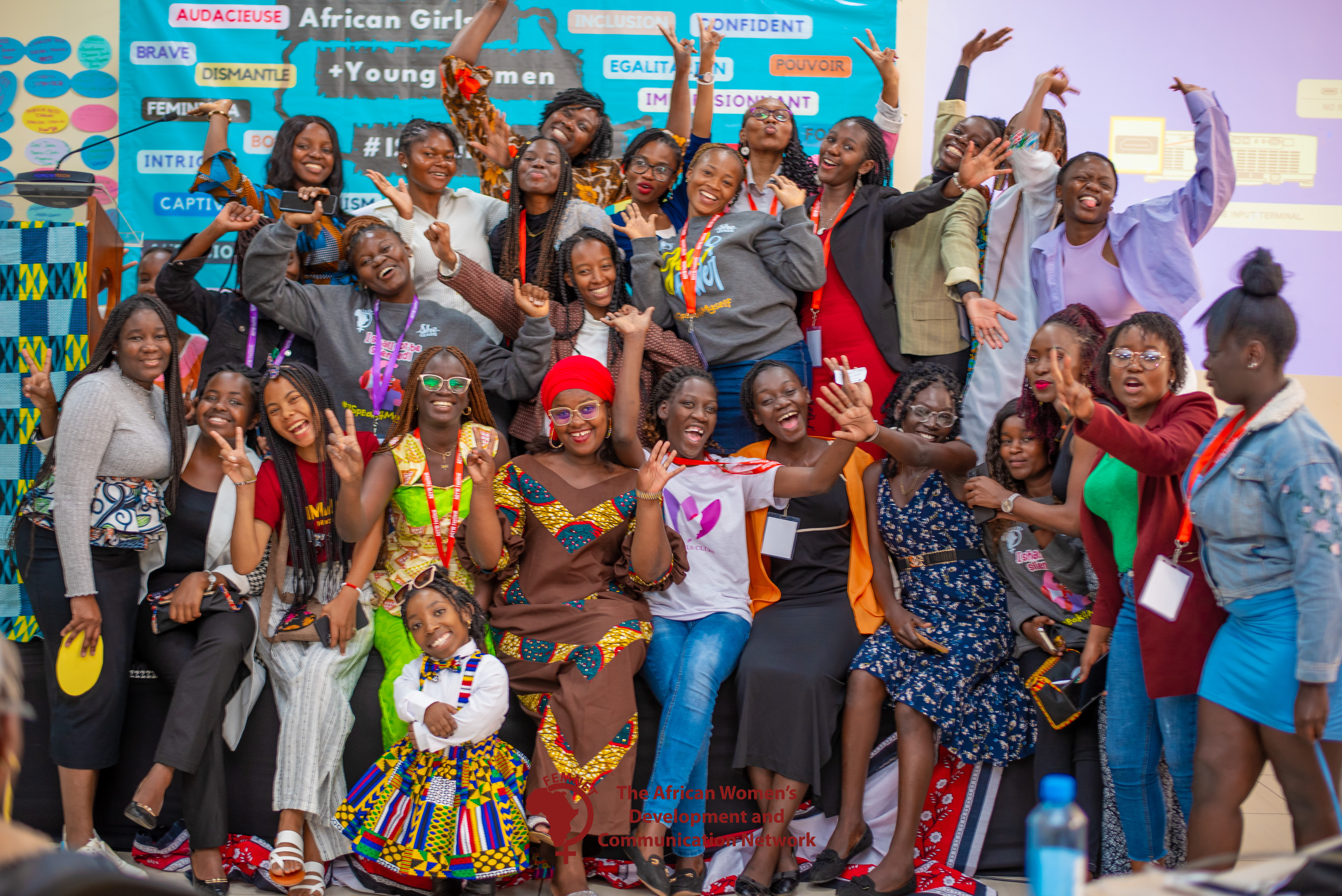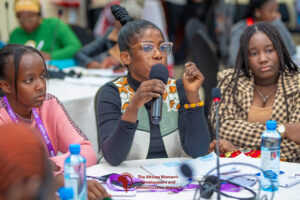
IDG 2023: African Girls and Young Women at the forefront of promoting human rights
As we celebrate the International Day of the Girl Child under the theme: Invest in Girls’ Rights: Our Leadership, Our Well-being. We took time to reflect together with girls and young women across Africa on the reality of human rights in various countries. In the recent years we have has seen the complexity and contradiction of our existing laws between the nation level and the regional/international treaties.
For this reason, African girls and young women have called for urgent action to undo human rights atrocities or at least fast track the implementation of policies that safeguard their health and well-being. Speaking during the planning meeting organized by FEMNET, Betty Habene, a Uganda youth advocated said that implementation of policies that guarantee human rights in Africa have received a backlash in the last two years.
“As an advocate its confusing to take one stand on human rights because it seems to be a cultural issue,” said Habene, “It is worth noting that we have multiple cultures in Africa that influence the context of human rights.”
Habene also noted that there are some social norms that seem to outrightly contend with the acceptable standard of human rights.

Accordingly, Bernice Dodoo from Ghana said, “In Africa, religion and culture heavily influence the scope of human rights.”
In her view it is very difficult to address human rights without embracing cultural practices. The downside of this however is that it relegates universal human rights to specific norms that are governed by patriarchal systems.
Mama Sampy from Mali also noted that girls and young women are often perceived as commodities for sale. While elaborating on this she said, “There is a law in Mali that permits girls to be married at 16.”
Sampy also noted that at times desperate parents change the birth date for girls so that they can be married off early and “relief “their poverty-stricken homes of the food security burden.”
“Whereas there is an outright condemnation of child marriage, when the “girl-child” misses school it is likely that they are in a situation where the culture supersedes their human right.”
Retrospectively Felicity Feleke from Ethiopia emphasized on the necessity of committing to well-being of “girl-child” because Africa’s future depend on it.
“We must all commit to ensuring the safety, happy growth and rights of the African girl child in each of our communities and collectively our continent!” lauded Feleke.
Her views came in the wake of the 2023 International Day of the Girl child, which to many only but a specific date to spotlight the plight of the girl child but not fully implementing policies that ascertain their human rights, or at the bare minimum their health and well-being.
Additional views of the girls and young women can be retrieved here .This article was written and compiled by Esther Nyawira and Imali Ngusale. For information on the She Leads Consortium, contact Esther Nyawira at e.nyawira@femnet.or.ke .






